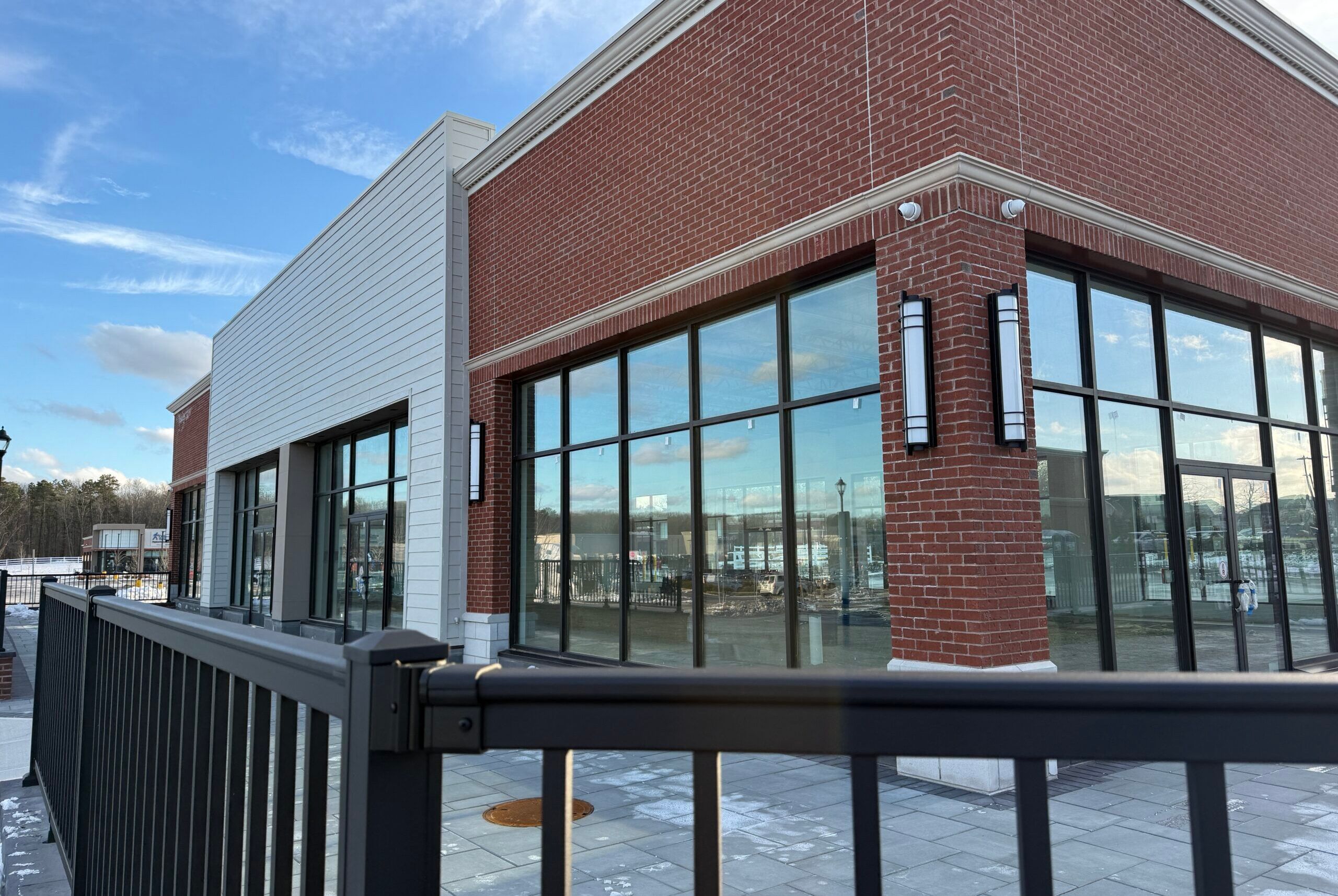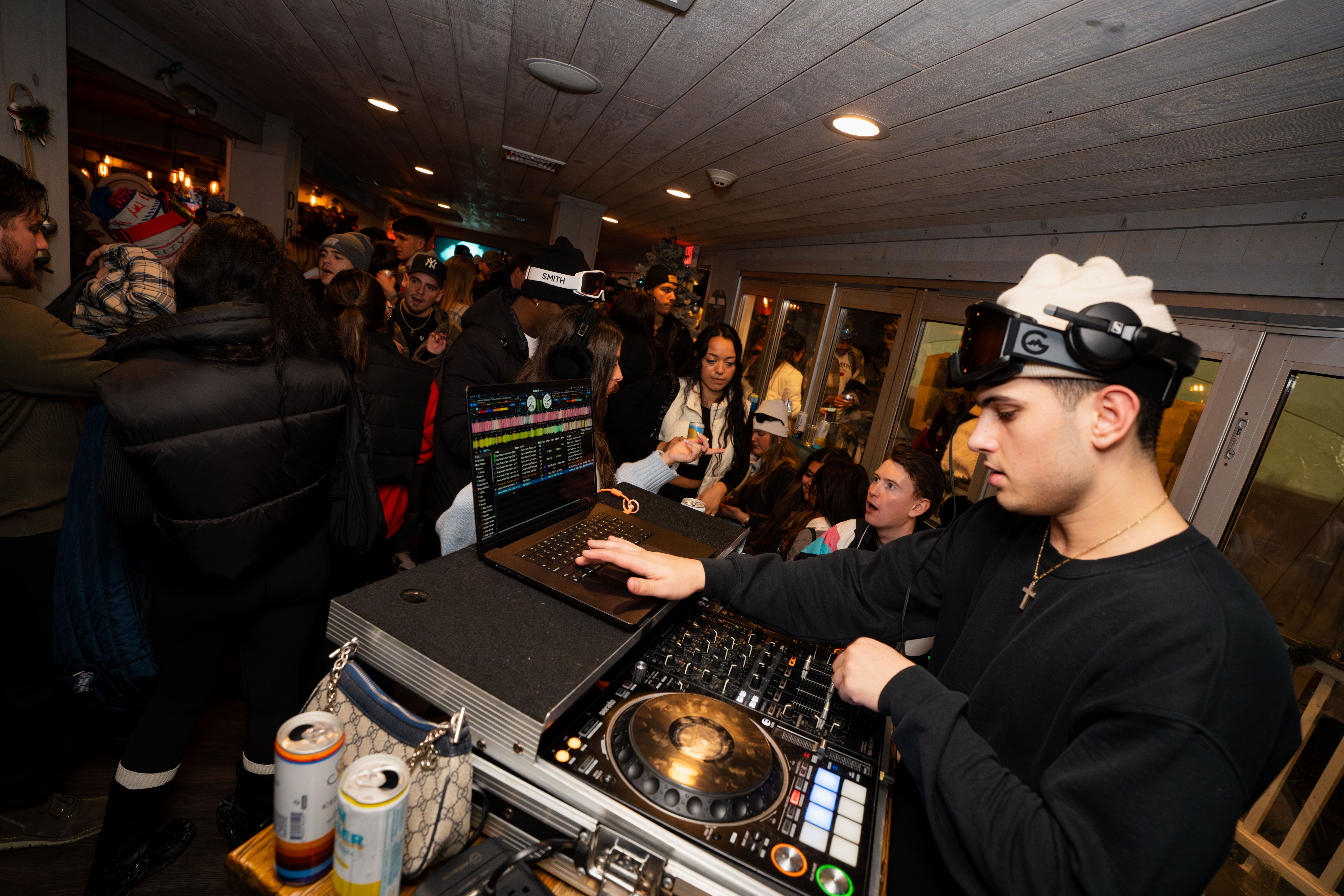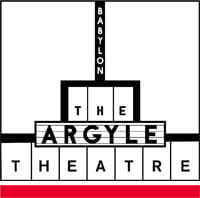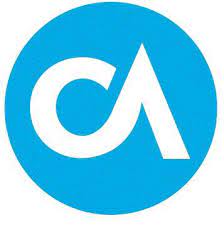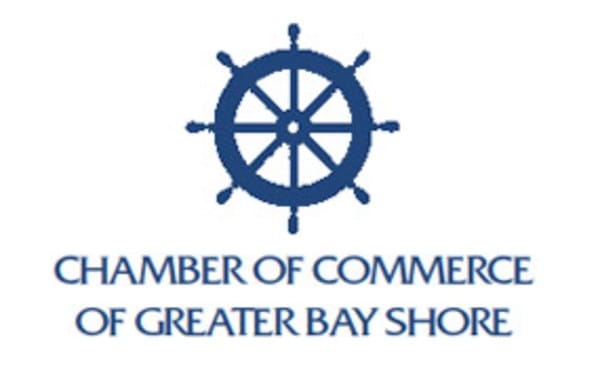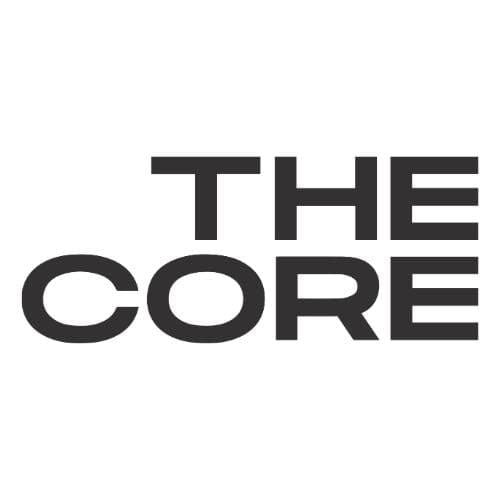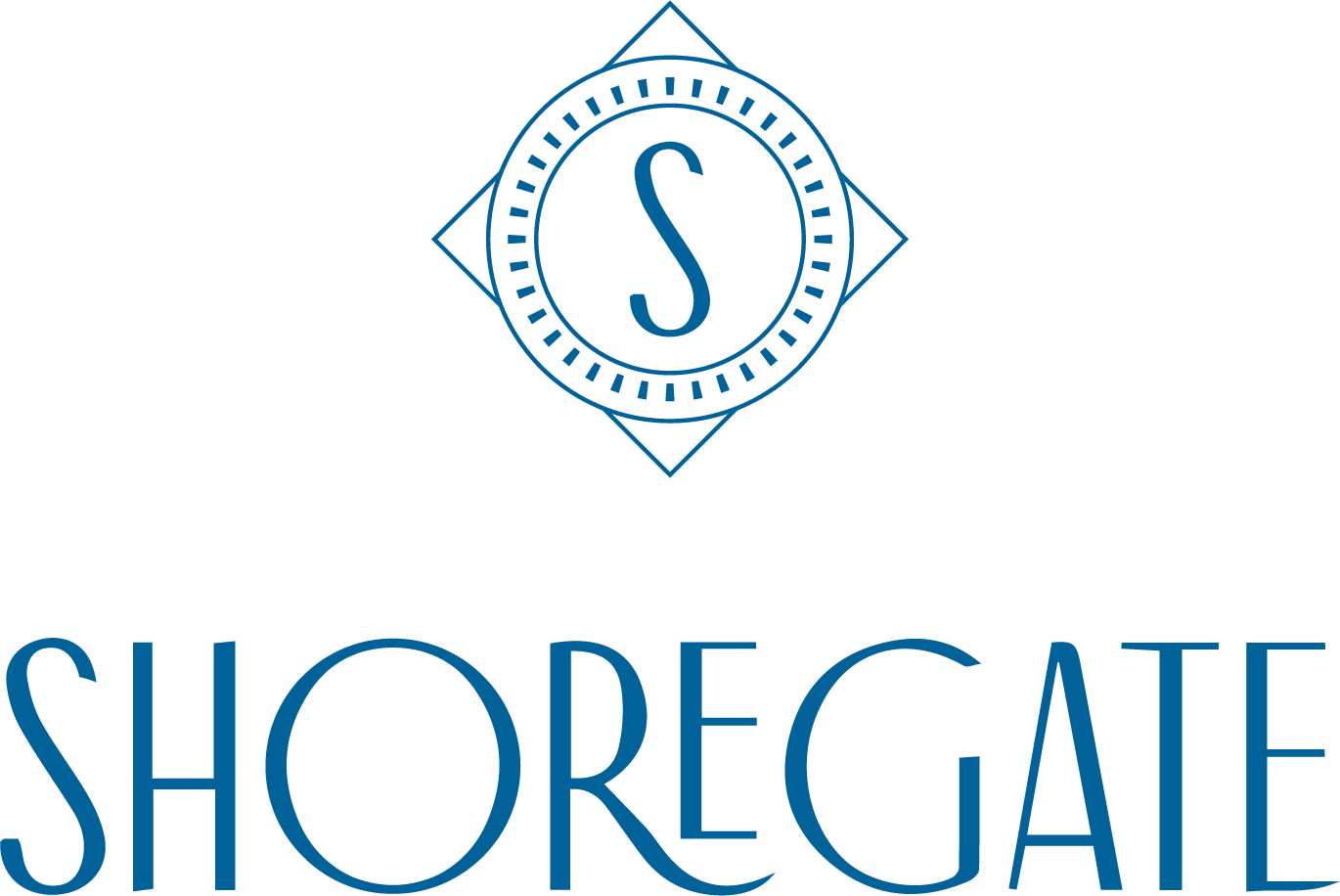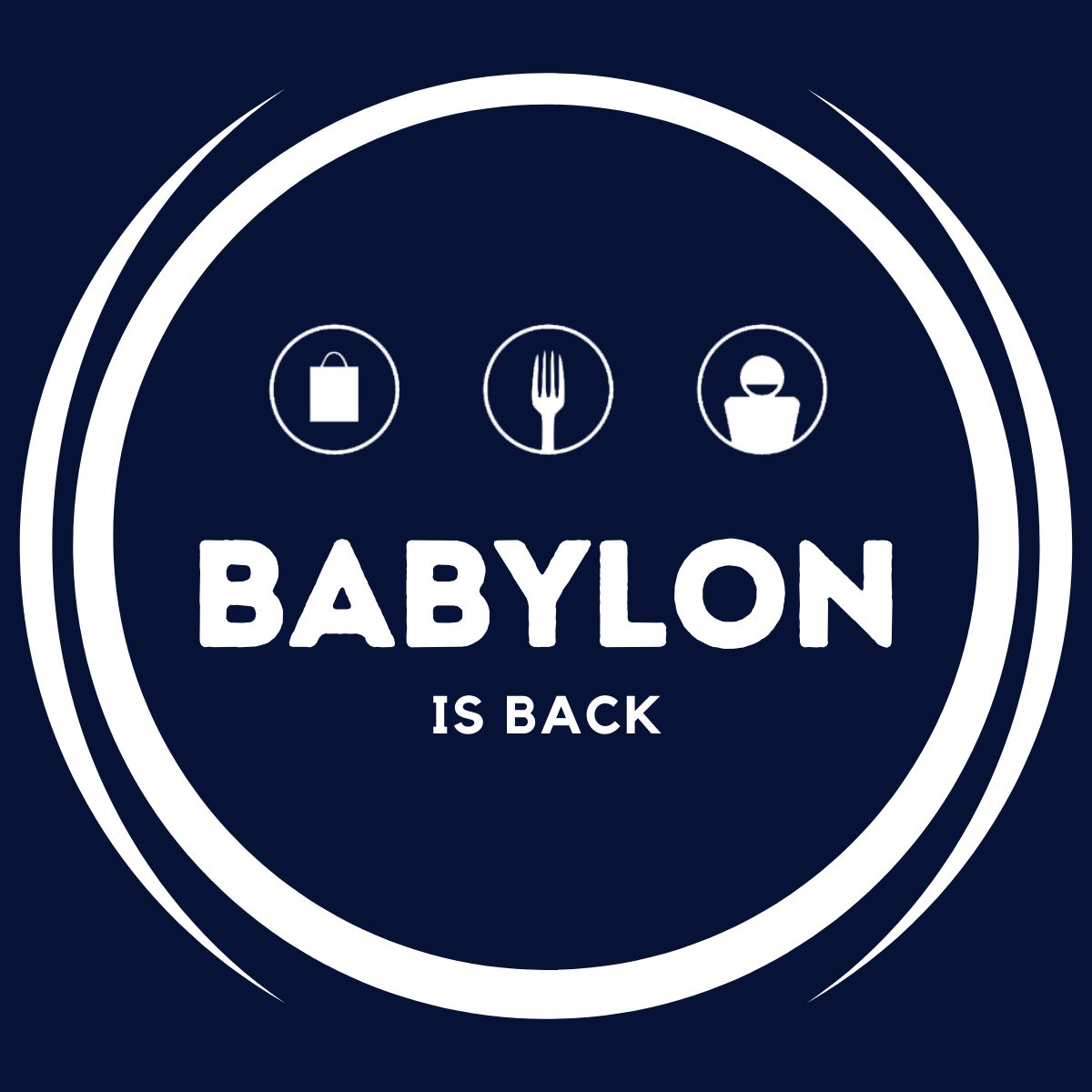
This post is brought to you by Kenny Schwamb of Order a Plumber
It’s never a good time to have a plumbing issue, be it at home or at your business. Of course, the first thing to come to mind is the potential cost to fix the plumbing and whatever other damage.
To help, we reached out to Kenny Schwamb of Order a Plumber in Islip Terrace. Schwamb hit us back with five helpful tips to avoid problems and save money.
1. Know your plumbing, or at least how to shut it off
Every homeowner should know a few basics about their plumbing, the most important is where to shut off the water in the event of an emergency.
One of the services we provide for our clients is valve labeling, a process in which we locate and label several of your homes most important valves, these include the main water valve, the water heater valve, boiler feed valve, hose spigots, irrigation valves, appliance valves, and standard fixture shut off valves.
For our clients that would like to add an extra layer of protection, we offer the installation of a smart valve installed on the water main which monitors the water usage at all times and learns the habits of the water consumption of a home, when the valve recognizes water flow uncharacteristic to the home it shuts the water down and sends and alert to the homeowners phone.
Installing a smart valve in ones home may also qualify them for a discount on their homeowners insurance.
2. Peek under the sink often, and snoop around
I can’t tell you how many homeowners call us for a leak under their kitchen sink that they finally noticed when they went to pull out a plastic bag or a cleaning product that was all wet. The problem is, typically by the time you notice a leak the damage has already been done. Not so much to the plumbing; we can fix that. But when that water pools it can greatly damage cabinetry, or even leak through the ceiling below if it’s a second floor.
Sometimes, you might end up with mold.
These types of pricy problems can be avoided by simply giving a quick look under all of your sinks, under your toilets, in your basement and mechanical rooms with a flash light. Challenge yourself to find a leak or at least something that doesn’t look right. Doing this at least twice a year can save you money by catching a major problem before it becomes one.
You know the old saying if you see something, say something, or in this case call us. Send pics. Many of our clients give us a call when something doesn’t look right, many times they will even send us pictures of what they found to help us determine the severity of the situation and maybe put their mind at ease.
3: Know your drains!
The first question the plumber will ask the homeowner is going to be, cesspool or sewer? You need to know this answer. If the homeowner replies cesspool, the plumber would be inclined to check the pool to see if it’s full before running any drain-cleaning equipment.
Besides knowing where the water is ending up once the bowl is flushed, it is also good to know how it is getting there. Many homeowners find it valuable to have a camera inspection done on the drainage system inside the home and outside, to provide them with piece of mind that the system is running the way it is meant to — and is free of defects that could lead to long-term issues.
Most importantly, knowing your drains also means knowing what not to put down them.
The list of no-no’s is very long, some of the most common to avoid are: paper towels, wipes of any kind (even if they are advertised as flushable), feminine products, and grease.
4: Check the heat
Check to make sure the heat works well before you need it. Waiting for the first cold snap to hit, just to find out the heat doesn’t work will prove costly, as unfortunately the first cold snap of the year causes a spike in no-heat calls. Turning the thermostats up in early October to make sure everything is working properly is the responsible thing to do.
Couple this procedure with Tip No. 2 (snoop around) can greatly help you avoid no heat when you need it the most. In addition to checking the system, it is always best for a homeowner to know the type of heat they have, for example do you have a boiler with baseboard, or a forced hot air furnace, don’t know, call us we will help identify the system for you. Also, is your system oil or gas? If it’s oil, make sure you have oil in the tank and check it frequently, even if you are on automatic delivery. Automatic delivery does not guarantee that you will not run out of oil.
Tip 5: Prepare for winter
Besides busting out the holiday decorations and covering up the outdoor furniture, you need to take some precautions when it comes to your plumbing. Make sure to disconnect hoses from your hose spigots and shut the valves for the winter. Winterize your irrigation systems and any other outdoor plumbing you may have like, including sinks or outdoor showers.
If you have ever experienced frozen pipes on your indoor plumbing in the past, be sure to take care of those areas before this year’s cold weather is here. Often, problematic piping can be insulated or relocated to avoid freezing.
If this is not an option, keep an eye on the weather and be sure to let some fixtures in the home drip throughout the next cold front to avoid a frozen pipe. If your heating system has ever frozen, call us and inquire about having anti-freeze added to your heating system to protect it from the cold weather.
Click here to visit the Order a Plumber, Inc., website. Here for Facebook. Here for Instagram.

